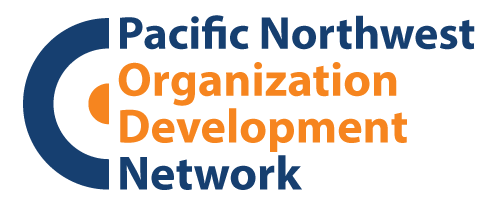|
| |

|
|
|
| |
March 2016
|
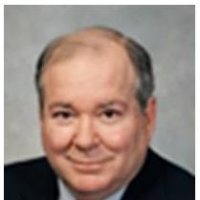 From the President: From the President:
A WAR FOR TALENT? …
OR FOSTERING A CREATIVE ENVIRONMENT FOR TALENT?
We Americans seem to have a predilection for declaring “war” on the problems that vex us. Thus, we have had our wars on poverty, on crime, on drugs, and on and on. This is in addition to the real shooting wars the United States has been involved in over the past several years that have consumed so much of our blood and treasure. (Has anyone besides me noticed that we haven’t had much luck in prosecuting our various wars?)
Our organizations are not immune to the urge to go to war (metaphorically speaking, of course). Take the “war for talent.” McKinsey & Company consultant Steven Hankin fired the opening salvo, in 1997, coining the term based on his observations of the then-emerging demographic trends of an aging and shrinking labor supply.
Intellectual reinforcements arrived in 2001 when Harvard University Press published The War for Talent by three other McKinsey consultants. They predicted the demographic trends that prompted the original observation were destined to persist for decades to come. The authors made this bold declaration in the midst of the recession caused by dot.com bubble bursting when there wasn’t much competition for any sort of resources, human or otherwise.
Several years and one traumatizing Great Recession later, we are once again talking about the issue of talent. Indeed, PNODN has embraced it with its CHANGE theme predicated on the finding that our capitalist economic system is going through a wrenching “epochal transformation from its previous industrial model” based on “natural resources and large-scale industries” to one that “turns on knowledge, innovation, and talent” [emphasis added].
So let me outline a few basic propositions I believe should guide OD practitioners as we once again grapple with the issue of talent. To begin with, we must take “talentism” as an important topic – and crucial opportunity -- for the future of the profession as declared by no less a figure than Warner Burke.
Second, let’s jettison the war language, for it does us very little good in any context. In the talent context it causes us to see people as a limited resource over which organizations must do battle.
Let me suggest, thirdly, a more appropriate perspective aligned with the values of the OD profession. This is that human talent is an expandable and thus virtually inexhaustible resource. Instead of seeing talent as a limited pool of top graduates from elite universities, let’s use two operational assumptions from the creativity movement, namely: (1) everyone is potentially creative and (2) it is impossible to predict where a creative idea leading to the Next Big Thing (i.e., that profitable, paradigm-shifting innovation) will come from.
Following this logic, we need to be making our organizations safe for creativity. And believe me, folks, as someone who has been out there in the trenches for years, there is lots and lots of work to be done to make our organizations more creative … and more humane, two things that should not be contradictory.
For now, a good place to begin is to join us for the regular PNODN member meeting on the evening of March 21st. We are honored to have Orlando Ashford as our speaker. He is a thought leader and author of “Talentism” who is putting his ideas into action as president of one of Seattle’s leading companies, Holland-American Lines. His remarks are sure to provoke much meaningful dialogue and reflection.
See you then.
Dr. William “Bud” Wurtz
2016 PNODN President
|
March 21st PNODN Meeting Quick Preview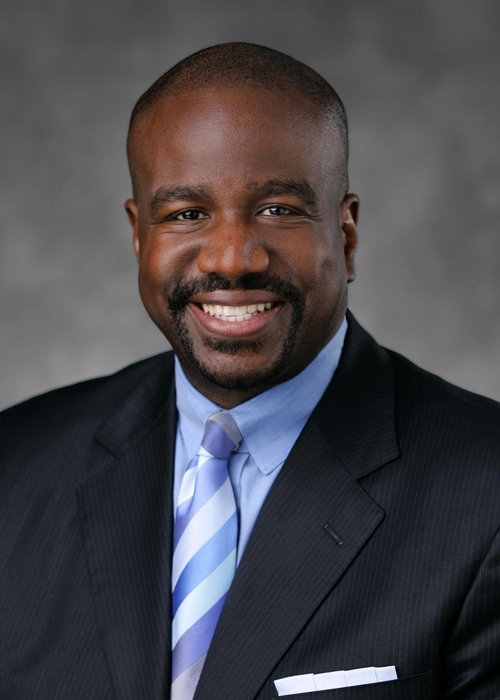
We are excited to welcome Orlando Ashford, President of Seattle-based Holland America Line, and the author of Talentism: Unlocking the Power of the New Human Ecosytem which looks at how a shifting paradigm, enabled by technology and the power of human networks, can help bridge the skills gap, improve business performance, and lead to the betterment of society at large.

Sneak Peak for April!
April 18 PNODN welcomes Barbara Deane: How do you develop Diversity & Inclusion in an Organization?
A globally recognized scientist and speaker on leadership and social networks says, “Organizations have to have inclusion to be successful today!” To “have” inclusion—what does that mean?
There’s an App for that! No, there’s more than that! Read more, register and plan to attend!

|
Member Update
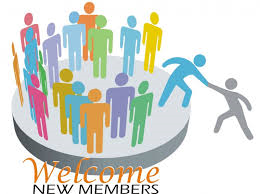 PNODN would like to warmly welcome the following new & renewing members: PNODN would like to warmly welcome the following new & renewing members:
Carol M.
Andrea C.
We thank them for their support of PNODN and invite you to join us as well.

_____________________________________________________________________________
|
|
|
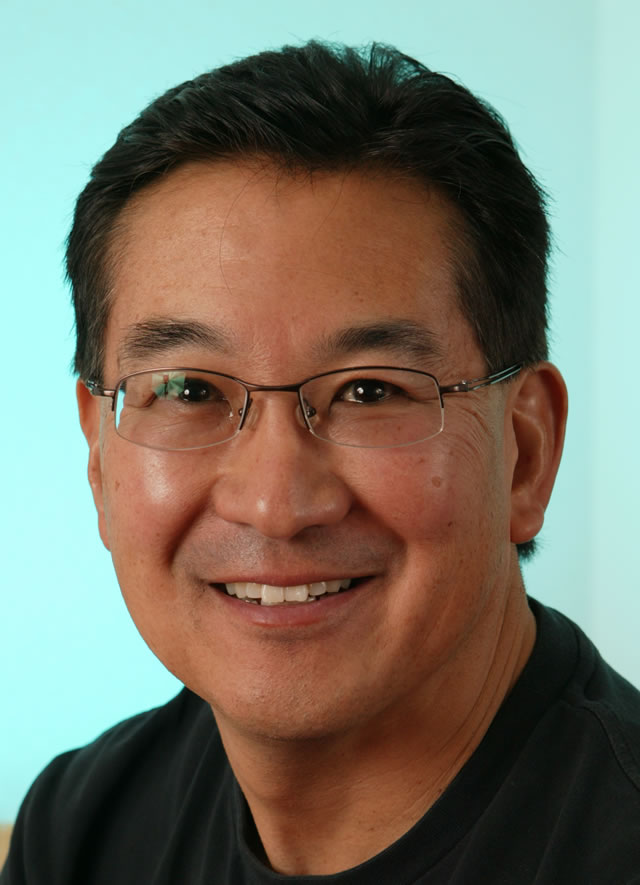
Summary of the February Monthly Meeting with Mike Katagiri
By Jeremy Meeds
During February's meeting, Mike Katagiri led us in an informative presentation entitled 'Project Management Needs an OD Fix'. Through a series of slides, he walked us through his work as an 'OD project manager' which included his experience with formal and informal communication and seeing things holistically from a systems perspective. We explored the question "What are some fixes to the managing of the competencies of project management?" and Mike shared with us his work with the Woodland Park Zoological Society. We looked at several models, including the the 'Leading, Managing and Teaming' model, Richard Beckhard's model, the Cross Cultural Project Leadership model, the Multi-dimensional Transformation Strategies model and the PSO Milestone Plan, which we worked out together in small groups. We finished by talking about what Mike described as 'Goal Directed Transformation Management' and how to develop a project-oriented organization. Mike was a delightful and engaging speaker and created a space where we all felt comfortable and able to participate.
_____________________________________________________________________________
| |
Case Study

Savy Slips, Learning on the Run
By Philip S. Heller
Learnings from Practice 15: Clarifying Board/Staff Authority
How can you reduce role conflicts between a Board of Directors and a senior leadership team?
The Request. The president of the Board of Directors for a non-profit veterans service center requested that we facilitate a retreat for the Board and Senior Staff. The senior staff believed that the board was making decisions that the staff should be making. The Board President wanted some of the retreat to be focused on this conflict in perception about what were the appropriate and expected roles of the Board and Senior Staff.
Larger Context. Several members of the 10 person board were relatively new. These less-tenured board members were unclear about where board authority ended and staff authority began. Senior staff felt that they lacked credibility with the board and weren’t seen as experts in their own service areas (e.g., Housing for Homeless Veterans, Drug Rehabilitation, etc.).
Consulting Intervention. After a pre-meeting with both Board and Staff to agree on retreat goals and ground rules, we created and facilitated a process to work the Board-Staff differences in perception.
After an icebreaker, individual senior staff briefed the rest of the participants on the most innovative programs and recent and future trends in their service area. This was followed by a short Q & A. After all the presentations, trios discussed and reported on the implications for what they heard. Action ideas were recorded.
The process we used to discuss decision authority was a modification of the images exchange method (see PNODN January 15, 2015 Newsletter). We asked the senior staff and the board to discuss separately three questions (1): 1. What was their understanding of what decisions that were their own to make? 2. What decisions were they to be consulted prior to a decision? 3. What decisions did they need to be informed about? Similarly, they were also asked to discuss and report on what they thought the other group’ s decisions were and to what extent were they involved in making specific decisions. After the report out, the common ground among everyone became agreements of decision authority. The most important differences that remained were given to heterogeneous board-staff problem solving teams to generate recommended actions. The whole group was given an opportunity for input and, in some cases, confirmation and agreement.
Last Line. Having everyone exchange perceptions of role and decision authority helps to clear up misunderstandings and calls attention to situations that may need further work.
Commentary: I missed an opportunity for the group to apply their decision making agreements. I might have asked the group towards the end of the retreat to review those action ideas that came out of the future trends presentations. The review would be to determine the decision authority of the Board and the Staff with respect to each action. In that way, the whole group could have used those actions to further clarify decision making.
(1) To access the actual questions we used, go to: http://learningdesigna.com/resourcescategory/inter-department-dispute-resolution/ and select Role Decision Exchange Questions.
Philip Heller is a senior associate of Learning Design Associates. For 35 years he has helped plan systems change and develop leaders in government, community agencies, and health care centers. Philip received his Ph.D. in Education focusing on learning and problem solving. As part of the originating group, he has been a PNODN member since 1982.
© 2016 Philip S. Heller, Savy Slips, Learning on the Run 15: Clarifying Board/Staff Authority
OF INTEREST
Recent speaker, Aaron Hurst will be discussing Seattle's Role in the Emerging Global Purpose Economy on Wednesday, March 16th at the World Affairs Council Annual Meeting Community Program from 5:45 to 7:15 pm. The program will be at Russell Investments, 1301 Second Avenue, Floor 18, Seattle, WA. World Affairs Council member rate is free and non member are $25.
OD NATIONAL NEWS
2016 OD Network Annual Conference Registration Is Now Open
Are you ready to make an impact with fellow OD professionals from around the world in Atlanta? The 2016 OD Network Annual Conference will be your opportunity to connect with your peers in an innovative learning environment. Registration is now open for the annual conference being held October 7-10, 2016 at the Hyatt Regency in Atlanta, Georgia.
Monthly program for OD Network Members
Chair Chat is a new, monthly OD Network event that offers an opportunity for our members to engage with our Board Chair and other members of the Board of Trustees. We discuss hot topics in our field and ask OD-related questions that are important to you and submitted by you. In February, Chair Chat filled up with a diverse group of OD practitioners who met online for one hour to have a face-to-face discussion about the topics submitted by our participants, such as change readiness assessments of choice and how to best incorporate OD theory as an HR specialist.
Participants were engaged and loved the opportunity to interact with other practitioners faced with the same questions.
Want to attend our next Chair Chat? Register today to on March 21 at 4 PM EST.
HOW TO REACH US
Our Administrator is: Ann M. Baus

The Editor of the newsletter is David C. Wigglesworth
From The Editor
This is your newsletter and we welcome and encourage your contributions. They could include personal news of a professional achievement, a brief article of interest, a short book review, a case study, a cartoon, a joke that is OD relevant and/or anything else that might be of interest to your colleagues who are our readers. I thank you in advance.
Relevant Readings:
1. The January/February Issue of the Integral Leadership Review jcarlisle@integralpublishers.com looks at leadership from a Russian perspective.
2. The February 29th issue of The New Yorker magazine has an article by Joshua Rothman entitled “Shut Up and Sit Down – Why the leadership industry rules”.
|
|
|
|
|
| |
| |
Copyright © 2016 {Organization_Name}. All rights reserved.
Contact email: {Organization_Contact_Email} |
|
|
| You are receiving this message because you opted in at {Organization_URL} and you are a current member of PNODN |
| Unsubscribe |
|
|
|
|
